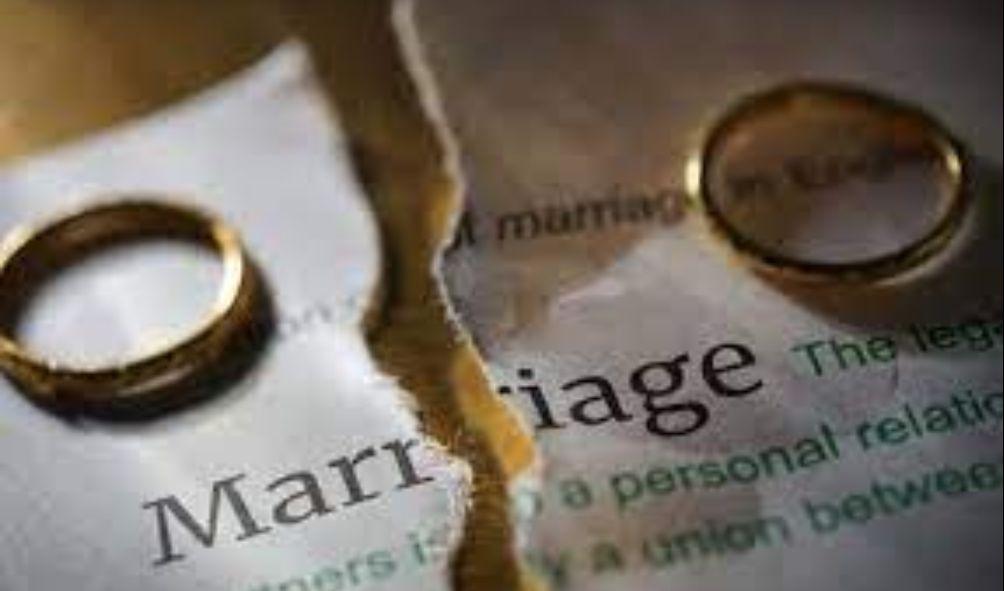Should women refund dowry in Kenya? What courts say
Dowry, also known as bride price, remains a strong tradition in many Kenyan communities, especially under customary and Islamic marriage laws.
In some cases, dowry becomes a legal obligation, particularly if it was promised or if a refund is demanded after divorce.
Dowry Promises and Legal Implications
A “promise of dowry” in Kenya is a legally binding agreement where the groom commits to paying a bride price to the bride’s family. Even after divorce, courts may enforce this commitment as a contractual obligation, giving the woman or her family the right to claim the dowry.
Historically, dowry symbolized gratitude to the bride’s family, but disputes arise when marriages fail. The question of whether a woman should refund the dowry after divorce has led to multiple legal battles, revealing inconsistencies in court rulings.
This article explores key court decisions on dowry refunds, legal interpretations, and how Kenyan courts are redefining dowry obligations in modern marriages.
Dowry Refunds Under Customary and Islamic Law in Kenya
The Marriage Act of 2014 does not require dowry payments or regulate dowry refunds, leaving courts to rely on customary and Islamic legal principles in dowry disputes.
Customary Law and Dowry Refunds
- In Mijikenda communities, a woman must refund dowry if the marriage ends permanently.
- In Kamba traditions, a man cannot claim a refund if he keeps the children.
- Some communities require a refund if the woman remarries.
Islamic Law and Dowry Refunds
- A wife seeking Khul’a divorce may return dowry to end the marriage.
- However, if the husband mistreats his wife, he loses the right to demand a refund.
Court Rulings on Dowry Refunds
Kenyan courts have delivered different verdicts on dowry refund cases, emphasizing unique circumstances in each case.
CKN v DMO (Civil Appeal 21B of 2022) – Kisii Customary Law
- The court ruled that dowry must be refunded under Kisii traditions.
- Returning dowry was considered essential for dissolving the customary marriage.
- If the wife did not personally receive the dowry, she could sue her parents for compensation.
MIA v AAA (Divorce Cause E005 of 2023) – Islamic Law and Partial Dowry Payment
- The husband demanded a refund despite not fully paying the dowry.
- The court rejected his claim, ruling that a refund cannot be requested if the full dowry was never paid.
Civil Appeal 76 of 2019 – Kamba Customary Law & Child Custody
- The husband sought a dowry refund after divorce.
- The court ruled that under Kamba traditions, a man cannot claim a refund if he keeps the children.
- The court also ruled that preventing a woman from remarrying until she refunds dowry is unjust.
The Future of Dowry Refunds in Kenya
While dowry has deep cultural and religious roots, courts are increasingly prioritizing fairness and gender equality. The shift from automatic refunds to case-by-case rulings reflects changing legal perspectives on marriage, divorce, and women’s rights.
Although dowry was traditionally a gesture of respect, its enforcement in modern Kenya often sparks legal and ethical debates, especially when it appears to treat women as property that can be “returned” after divorce.
As legal interpretations evolve, these court rulings shape the future of dowry obligations, influencing marriage and divorce laws in Kenya.
Should women refund dowry in Kenya? What courts say
